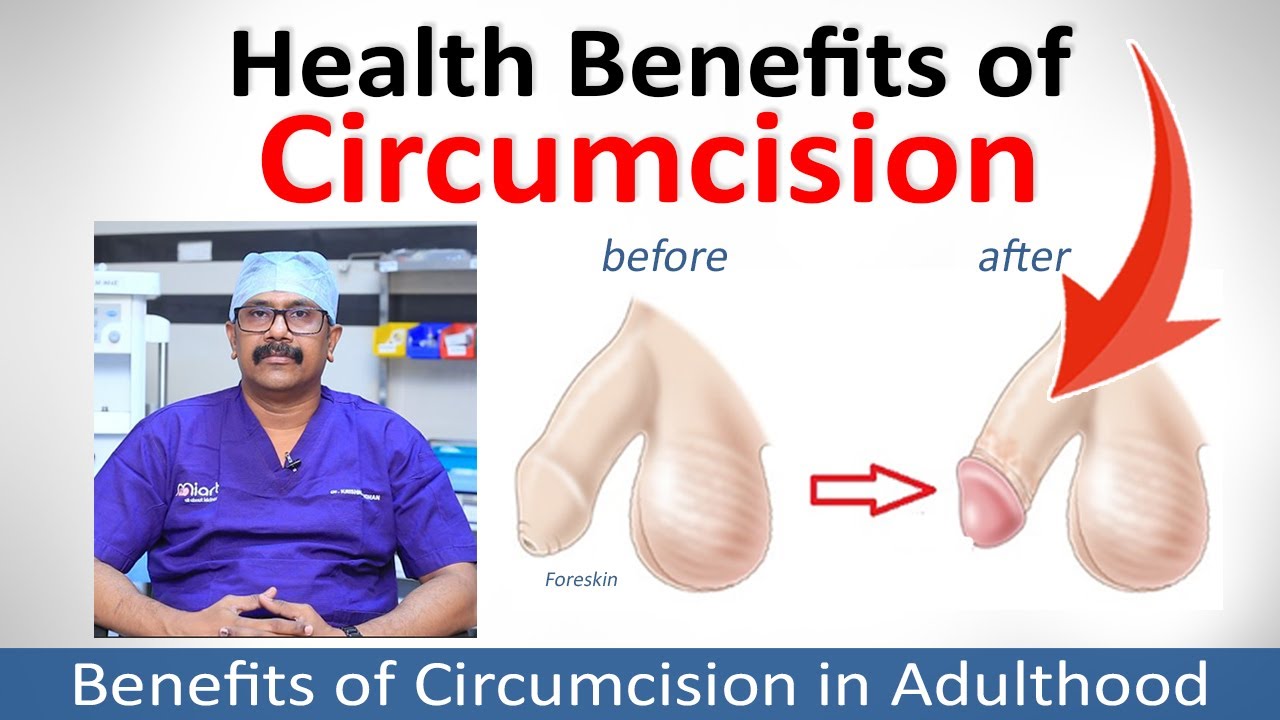The Benefits of Circumcision: A Comprehensive Guide
Welcome to our comprehensive guide on the benefits of circumcision. In this article, we will delve into the advantages of circumcision, providing you with detailed and accurate information. Our aim is to equip you with the knowledge you need to make an informed decision about this procedure.
The Importance of Circumcision
Circumcision is the surgical removal of the foreskin, the protective covering that surrounds the head of the penis. This procedure has been performed for centuries and is practiced for various reasons, including cultural, religious, and medical purposes.
Medical Benefits
Reduced Risk of Urinary Tract Infections (UTIs): Studies have shown that circumcised males have a lower risk of developing UTIs compared to uncircumcised males. The removal of the foreskin reduces the potential for bacteria to accumulate and cause infections in the urinary tract.
Decreased Risk of Sexually Transmitted Infections (STIs): Research has indicated that circumcision can help reduce the risk of contracting certain STIs, including HIV, herpes, and human papillomavirus (HPV). The removal of the foreskin can make it more difficult for pathogens to enter the body.
Easier Hygiene Maintenance: Circumcision simplifies genital hygiene as it eliminates the need to clean under the foreskin. This can help prevent the buildup of smegma, a substance that can accumulate and lead to discomfort or infection.
Psychological and Social Benefits
Improved Sexual Satisfaction: Some studies suggest that circumcision may contribute to enhanced sexual satisfaction for both males and their partners. However, it is important to note that individual experiences may vary.
Reduced Risk of Phimosis and Paraphimosis: Phimosis is a condition where the foreskin is too tight and cannot be retracted, while paraphimosis occurs when the foreskin becomes trapped behind the glans and cannot be returned to its original position. Circumcision eliminates the risk of these conditions.
The Procedure: Circumcision Process
The circumcision process involves the removal of the foreskin under sterile conditions. It is typically performed on newborns or during early childhood. Local anesthesia is administered to minimize discomfort during the procedure.
After the area is numbed, the surgeon carefully removes the foreskin using a scalpel or a specialized device. The incision is then sutured or sealed with medical adhesive. The healing process usually takes around one to two weeks, during which proper care and hygiene practices are essential.

In conclusion, circumcision offers several benefits, including a reduced risk of urinary tract infections, sexually transmitted infections, and improved hygiene maintenance. Additionally, it may provide psychological and social advantages, such as improved sexual satisfaction and a decreased risk of certain conditions. It is important to consult with healthcare professionals to discuss the potential risks and benefits associated with circumcision, as well as personal preferences and cultural considerations.
Remember, this article aims to provide an overview of the benefits of circumcision and should not be considered medical advice. We encourage you to seek professional guidance to make an informed decision based on your specific circumstances.
Frequently Asked Questions about the Benefits of Circumcision
1. What is circumcision?
Circumcision is the surgical removal of the foreskin, the skin covering the tip of the penis.
2. Is circumcision beneficial?
Yes, circumcision has several potential benefits.
3. What are the health benefits of circumcision?
Circumcision has been associated with a reduced risk of urinary tract infections, sexually transmitted infections, and penile cancer.
4. Does circumcision affect hygiene?
Circumcision may make it easier to maintain genital hygiene as it eliminates the need to clean under the foreskin.
5. Does circumcision impact sexual function?
Research suggests that circumcision does not negatively affect sexual function or satisfaction in men.
6. Can circumcision prevent HIV transmission?
Studies have shown that circumcision can reduce the risk of heterosexual HIV transmission, but it is not a foolproof method of prevention.
7. Does circumcision reduce the risk of certain diseases in women?
Circumcision in male partners has been linked to a lower risk of cervical cancer and certain sexually transmitted infections in women.
8. Are there any psychological benefits to circumcision?
While the psychological benefits are not well-established, some studies suggest that circumcision may have a positive impact on body image and self-esteem.
9. Are there any cultural or religious reasons for circumcision?
Yes, circumcision is practiced as a cultural or religious ritual in many communities around the world.
10. What are the potential risks and complications of circumcision?
Like any surgical procedure, circumcision carries a small risk of bleeding, infection, and complications related to anesthesia.




